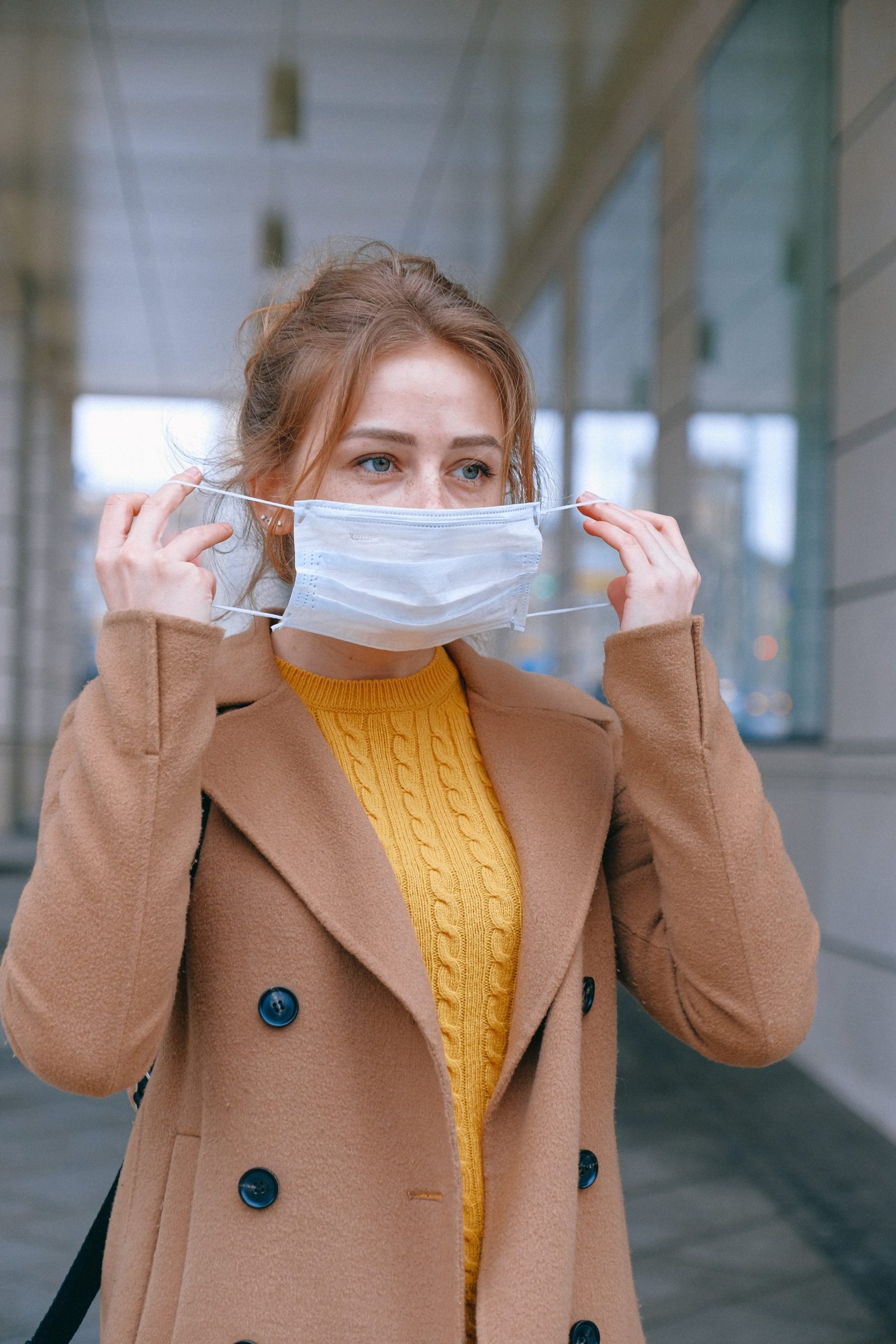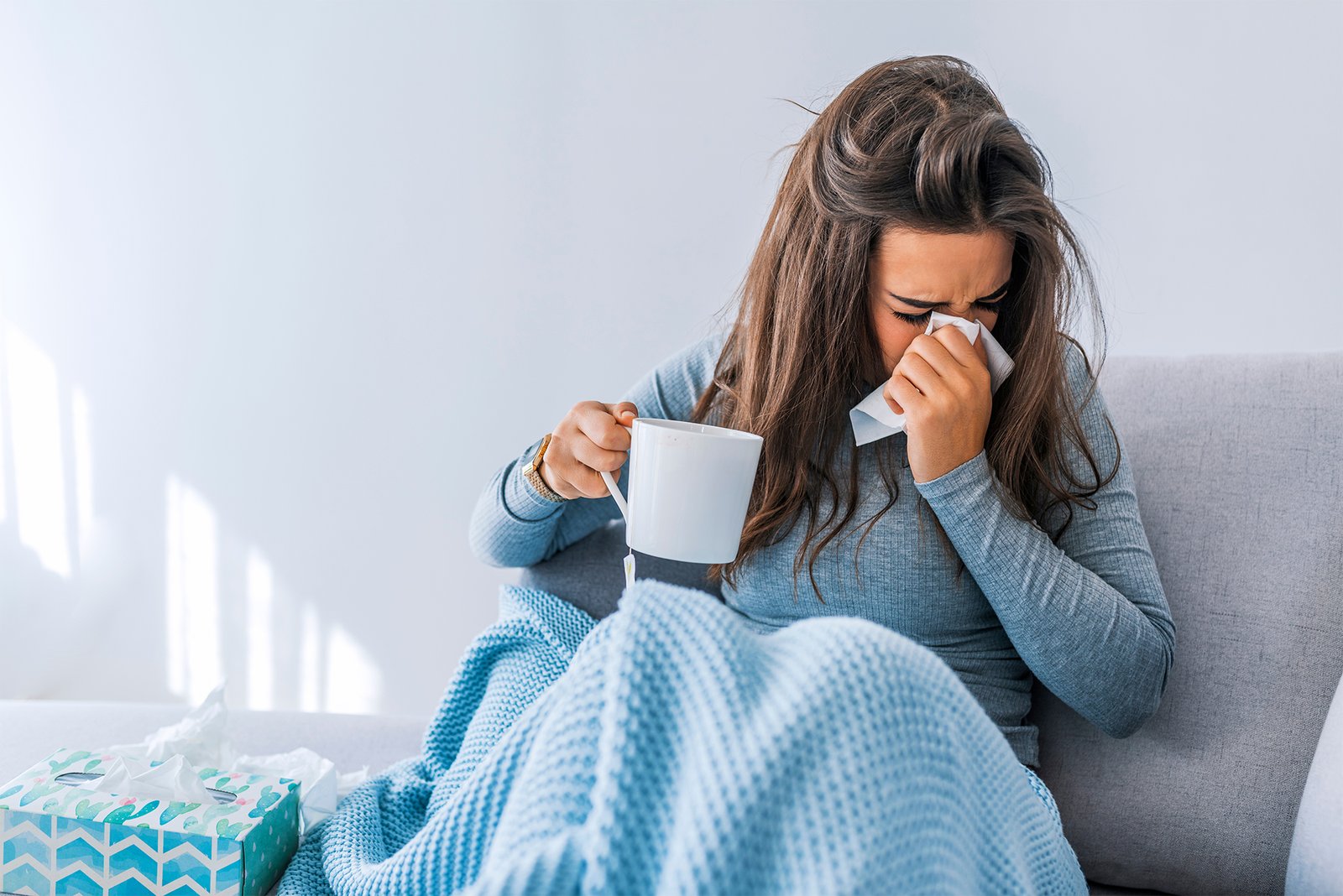We’re all concerned about the COVID-19 pandemic (rightfully so!) and it’s resulting in panic and misinformation as we read daily posts online purporting new information. This is a serious public health issue, and we all have a role in bringing it under control, but it is important to discern the facts from the fictional stories circulating that was created supposedly to entertain and scare others.
To help you know what you can do, we are going to provide you with some essential info. We’ll cover what you need to know about COVID-19, who’s most at risk, and some tips on how you can lower your chances of catching and spreading it.
The current pandemic has triggered unprecedented measures around the world aimed at slowing the spread of the virus. The outcomes in countries hit hardest by the virus show the importance of preventative measures so we rounded up the facts to provide you with a quick summary.
Essential Info
- Visit Health Canada’s COVID-19 page for the latest updates and current recommendations.
- The website for your local municipality may provide more details on the current situation and risk level in your area. Check it daily.
The Quick Facts
COVID-19 is a new type of coronavirus. Coronaviruses are a large category of viruses that typically cause mild illnesses similar to the common cold.
The symptoms of COVID-19 can take up to 14 days to appear, and they include:
- fever
- cough
- difficulty breathing
The virus is spread through:
- Respiratory droplets created by coughing and sneezing
- Close contact such as shaking hands
- Touching something with the virus on it and then touching your nose, mouth or eyes before washing your hands.
Who’s Most at Risk?
Most people who contract the virus recover on their own without the need for treatment. However, certain people are at a higher risk of developing complications requiring hospitalization, and in severe cases, it can lead to death.
The people most at risk include:
- Older adults (aged 65 and over)
- People with underlying medical conditions such as diabetes, lung disease, or heart disease.
- People with compromised immune systems
What You Can Do
The Federal Government of Canada recommends that everyone practice social distancing and proper hygiene.
Social distancing means avoiding non-essential gatherings and crowded places. It also means keeping a distance of at least 2 arms-length from others, as much as possible.
Proper hygiene means washing your hands often, especially when preparing food or after using the washroom. It also means disposing of any used tissues as soon as possible in a lined wastebasket.
If you are experiencing symptoms, it is recommended that you isolate yourself at home for 14 days. If you live with others, stay in a separate room and maintain a two-meter distance. Call your local public health authority or a health care professional, tell them your symptoms, and follow their instructions.
How PharmacyGo Can Help
At PharmacyGo, the well-being of our patients and the communities we serve are always our main priority. We provide a number of services that can help you reduce your COVID-19 risk when seeking medical care. This includes Telemedicine services that let you connect with a doctor via video conference, free delivery on your prescription refills, essential Personal Protective Equipment such as masks, gloves, hand sanitizer and more.
Frequently Asked Questions About COVID-19
Will wearing a mask reduce my risk of getting infected?
It is not recommended to wear a mask as a way of preventing infection. That’s because a mask can give a false sense of security, and it can actually increase the risk of spreading the virus through improper mask use and disposal.
However, health professionals may recommend that you wear a mask when seeking treatment if you are experiencing COVID-19 symptoms. In that case, a mask can help by stopping the spread of tiny droplets when you cough or sneeze.
Are there any health products that can reduce my risk?
According to Health Canada, there are no approved products to prevent, treat or cure COVID-19. In fact, it’s illegal for any company to make such claims, and it’s encouraged that if you come across these health products you should report them using Health Canada’s online complaint form.
Are pregnant women at a higher risk?
There is currently insufficient evidence to suggest that pregnant women are at an increased risk for COVID-19. However, pregnancy causes changes in the body that may increase the risk for some infections. So it is always recommended that pregnant women practice proper hygiene.
Sources:


